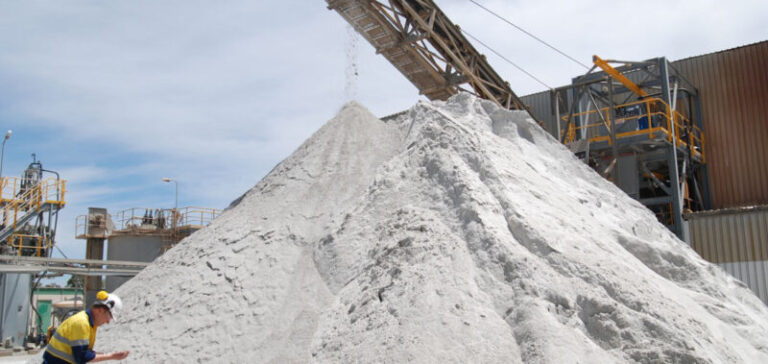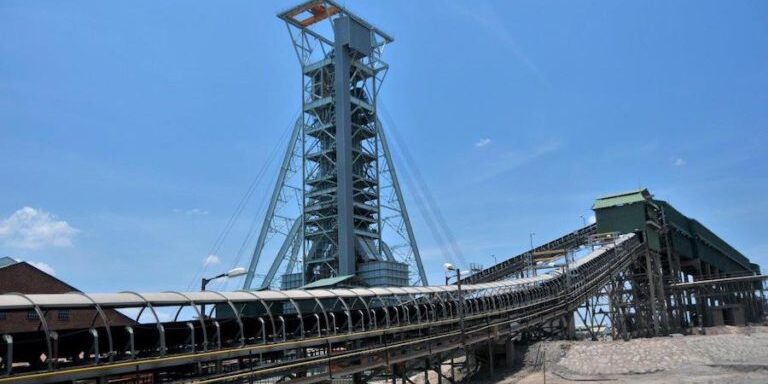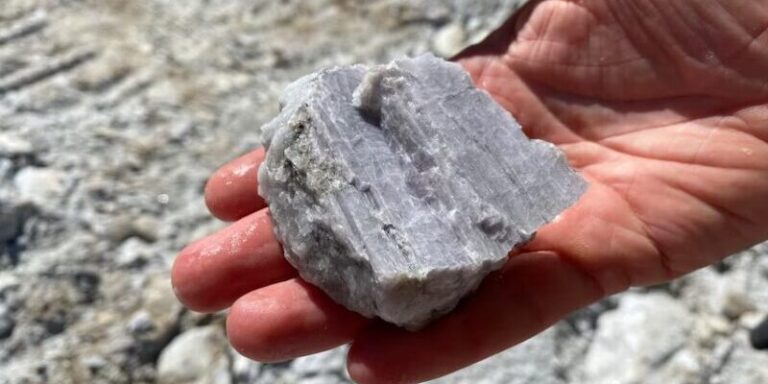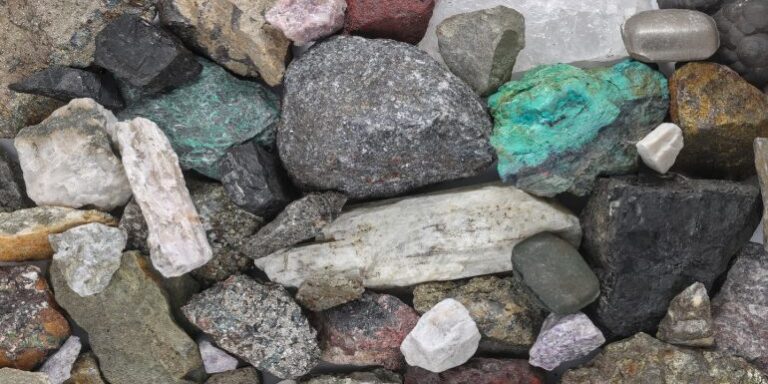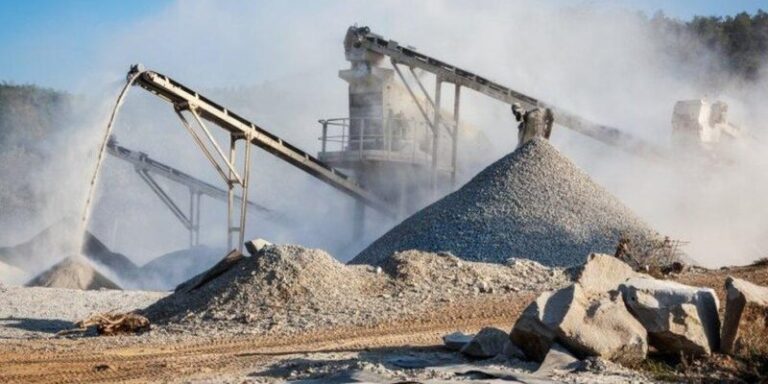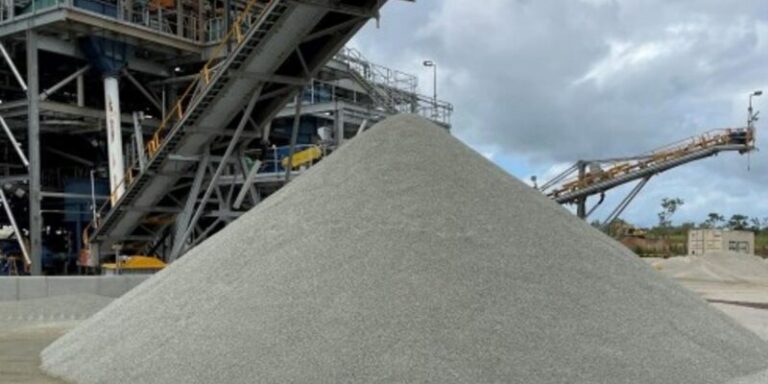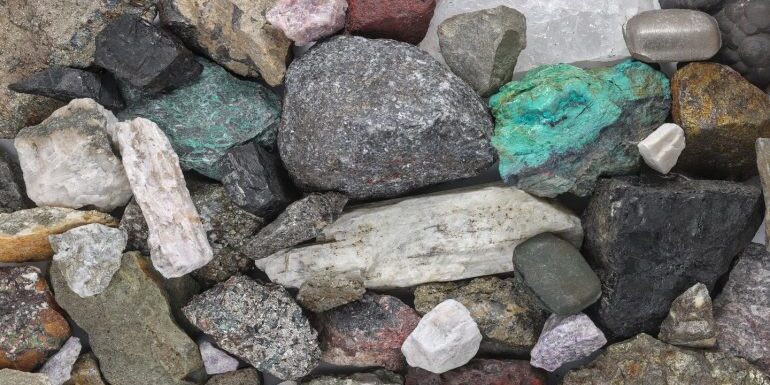
A U.S. mining company backed by billionaires Bill Gates and Jeff Bezos is expanding its operations in the Democratic Republic of Congo (DRC), aiming to secure rare minerals essential for the global energy transition and counter China’s dominance in the sector.
KoBold Metals, the Berkeley-based company supported by Gates’s Breakthrough Energy Ventures—whose investors also include Jeff Bezos and former New York Mayor Michael Bloomberg—plans to leverage artificial intelligence to discover new mineral deposits in the DRC’s resource-rich basins.
Newly appointed Director-General Benjamin Katabuka announced the company’s ambitions as it deepens its investment in the country.
According to the Financial Times, KoBold raised $537 million in January, bringing its total capital raised to $1 billion to date.
This expansion is significant for Africa as nations across the continent seek stronger mineral partnerships with the U.S., amid global efforts to reduce reliance on China for critical metals.
Massad Boulos, senior adviser for Africa under former President Trump, recently met with DRC President Félix Tshisekedi to discuss a potential U.S.-DRC minerals agreement.
“We’re having similar discussions with other neighboring countries,” Boulos said. “Our role is to facilitate private sector investments in the mining sector, including with American government support.”
The DRC is the world’s largest supplier of cobalt, a critical material for electric vehicle batteries and renewable energy storage technologies.
However, ongoing armed conflict—particularly in the eastern regions controlled by the M23 group—continues to disrupt mining operations and deter investment.
Many of the DRC’s mines are currently operated by Chinese companies, a trend that accelerated after U.S.-based Freeport-McMoRan sold its stake in the Tenke Fungurume copper mine to China’s CMOC in 2016.
Renewed Western investment could help counterbalance China’s dominance, bringing increased competition, promoting transparency, and encouraging improved labor and environmental standards.
However, significant challenges remain, including the urgent need to develop essential infrastructure such as reliable power supply and local metal processing facilities.
As global demand for rare minerals intensifies, the DRC’s vast mineral wealth is becoming increasingly critical to the future of clean energy and technological innovation.


